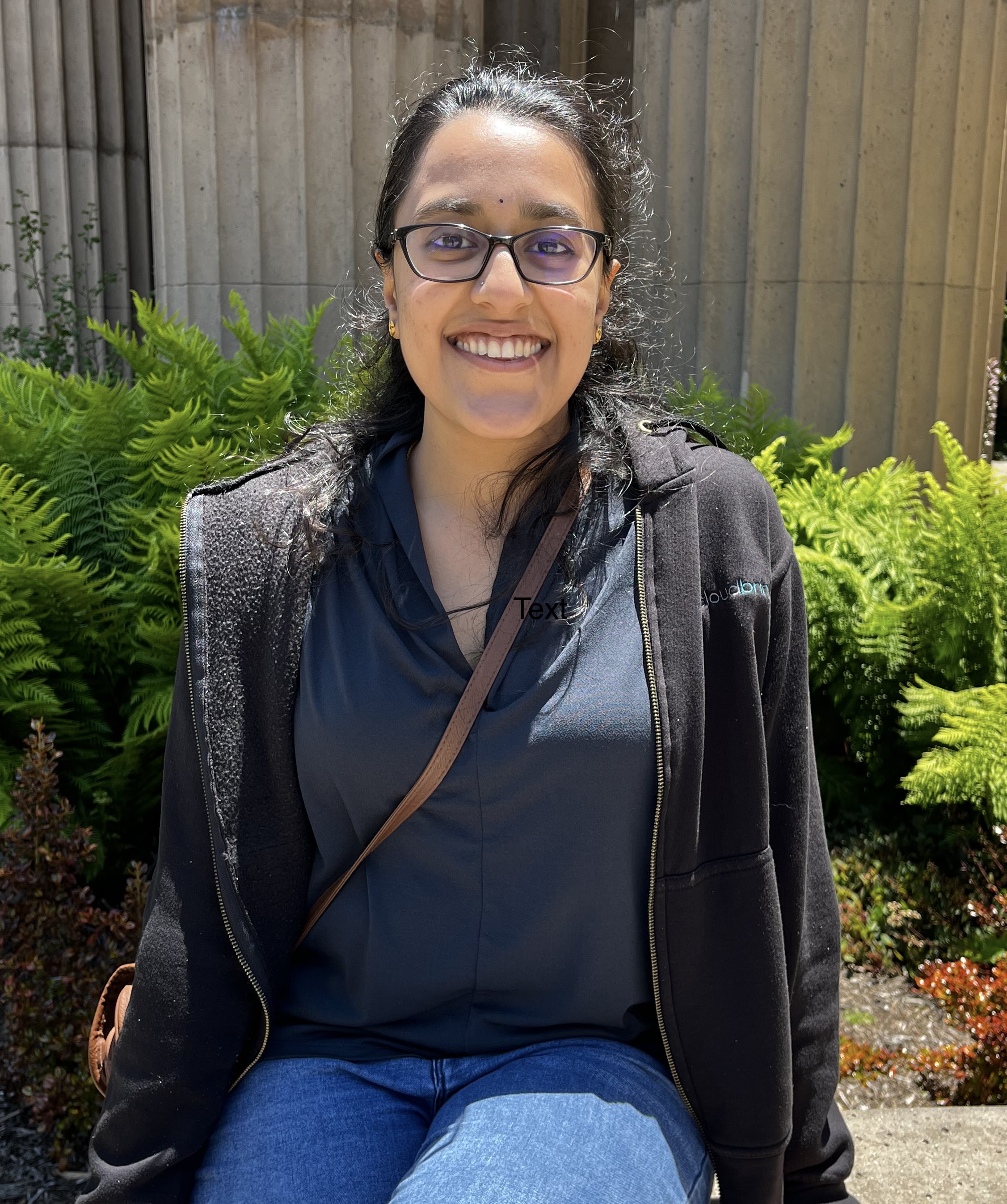Vidya Vuruputoor
Conservation Genomics. Computational Biology. Foodie.

I am a Post-doctoral scholar in the Department of Ecology and Evolutionary Biology at the University of Connecticut. Currently, most Christmas trees sold in the United States lack known genotypes. A GIFT SEED, a USDA-funded project, aims to improve Christmas trees by identifying superior genotypes of Fraser firs. My role involves generating genomic resources for four Fir species: Noble, Trojan, Momi, and Fraser fir. I am also interested in creating a pangenome and establishing conservation efforts for Fraser fir.
I received my PhD from the Plant Computational Genomics lab at the University of Connecticut, where I led efforts to conserve the eastern hemlock by assembling and annotating its genome, and conducting a multi-site, year-long temporal ‘omics’ study to assess differential response profiles between susceptible (wild-type) and lingering candidate eastern hemlocks. For my Master’s, I studied at Wageningen University and Research in the Netherlands, specializing in molecular plant breeding and phytopathology. I interned at the Lab of Nematology, where I was introduced to bioinformatics and assembled the genome of the beet cyst nematode Heterodera schachtii. Additionally, I interned at Dümmen Orange, researching resistance (R) genes in rose cultivars.
My research interests include conservation genomics, population genetics, pangenomics, genome annotation and assembly, polyploidy, and host-pest/parasite interactions.
news
| Oct 10, 2025 | Our paper, “Chromosome scale genomes of two invasive Adelges species enable virtual screening for selective adelgicides” has been accepted in G3. This work describes the genomes of two adelgids, Adelges abietis and Adelges tsugae, and potential targets for selective adelgicides. |
|---|---|
| Aug 22, 2025 | I started working as a post-doctoral scholar at the Plant Computational Genomics lab at the University of Connecticut! |
| Jul 14, 2025 | I defended my PhD! It’s Dr. Vuruputoor now ;) |
| Apr 10, 2025 | Our paper, “Immediate premeiotic transcriptomic effects following non-chemically induced whole genome duplication in the moss Funaria hygrometrica” has been accepted as a Letter to New Phytologist!!! This work highlights the changes in methylation, repeats, and gene expression after inducing whole genome duplication in a new system- Funaria hygrometrica. This was co-authored by Nikisha Patel, Peter Szövenyi, Jill Wegrzyn, and Bernard Goffinet. |
| Mar 26, 2025 | I was invited to present my updates on my work with the eastern hemlocks at Harvard Forest for their Spring seminar series! Updates included metrics on our chromosome-scale eastern hemlock genome (16.5Gbp!!) and the introduced pest, the hemlock woolly adelgid! I also presented updates on our work comparing transcriptomic and metabolomic profiles of putative susceptible and putative lingering (i.e, the “Bulletproof” Stand) individuals from samples taken monthly for a year! Thank you so much for the opportunity, to meet with researchers at Harvard Forest, and to see the hemlock woodlot area- where hemlock trees are studied from 10,000 years ago to the present was very inspiring! 🌲 |
selected publications
- Welcome to the big leaves: Best practices for improving genome annotation in non-model plant genomesApplications in Plant Sciences, 2023
- Immediate premeiotic transcriptomic effects following nonchemically induced whole genome duplication in the moss _Funaria hygrometrica_New Phytologist, 2025